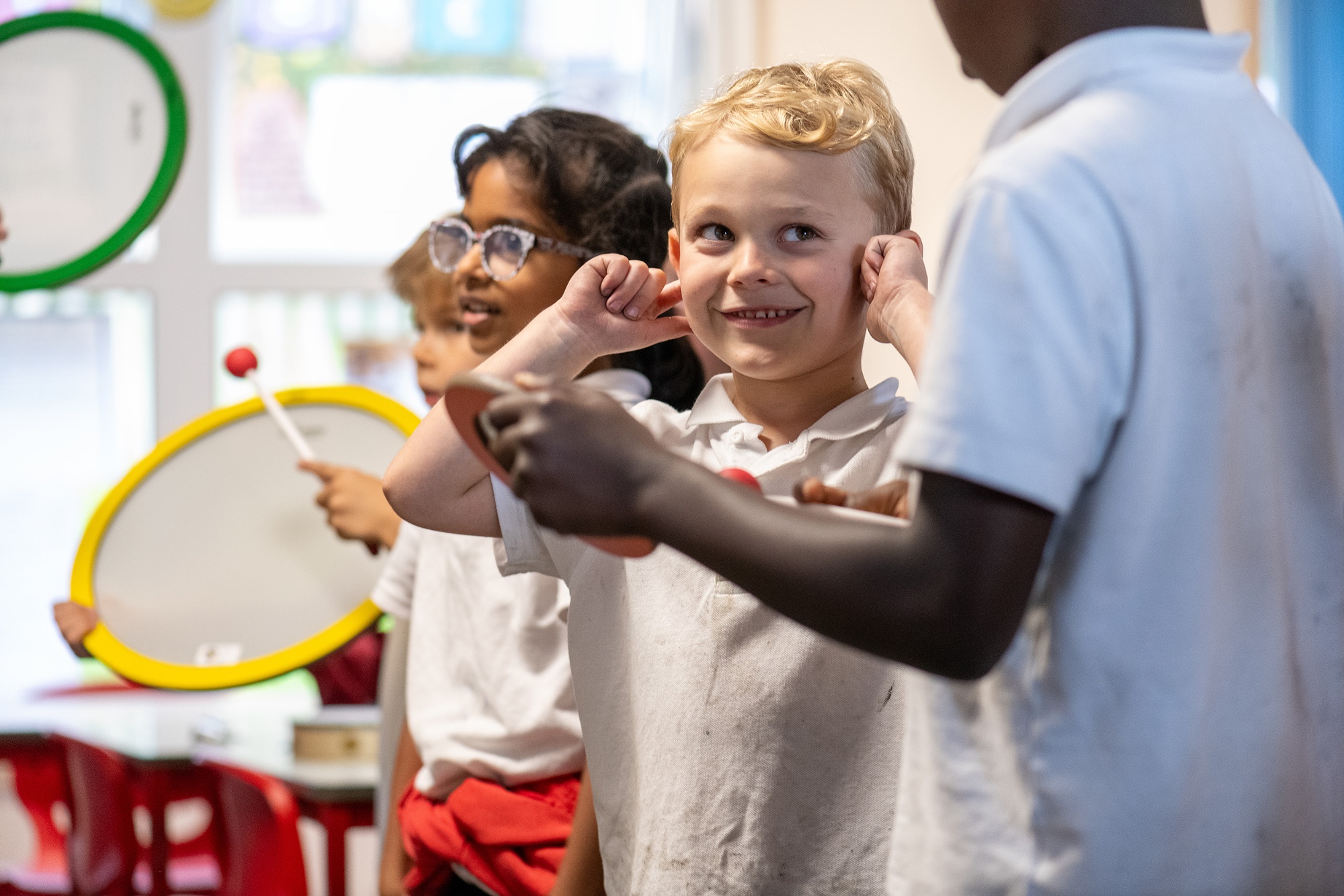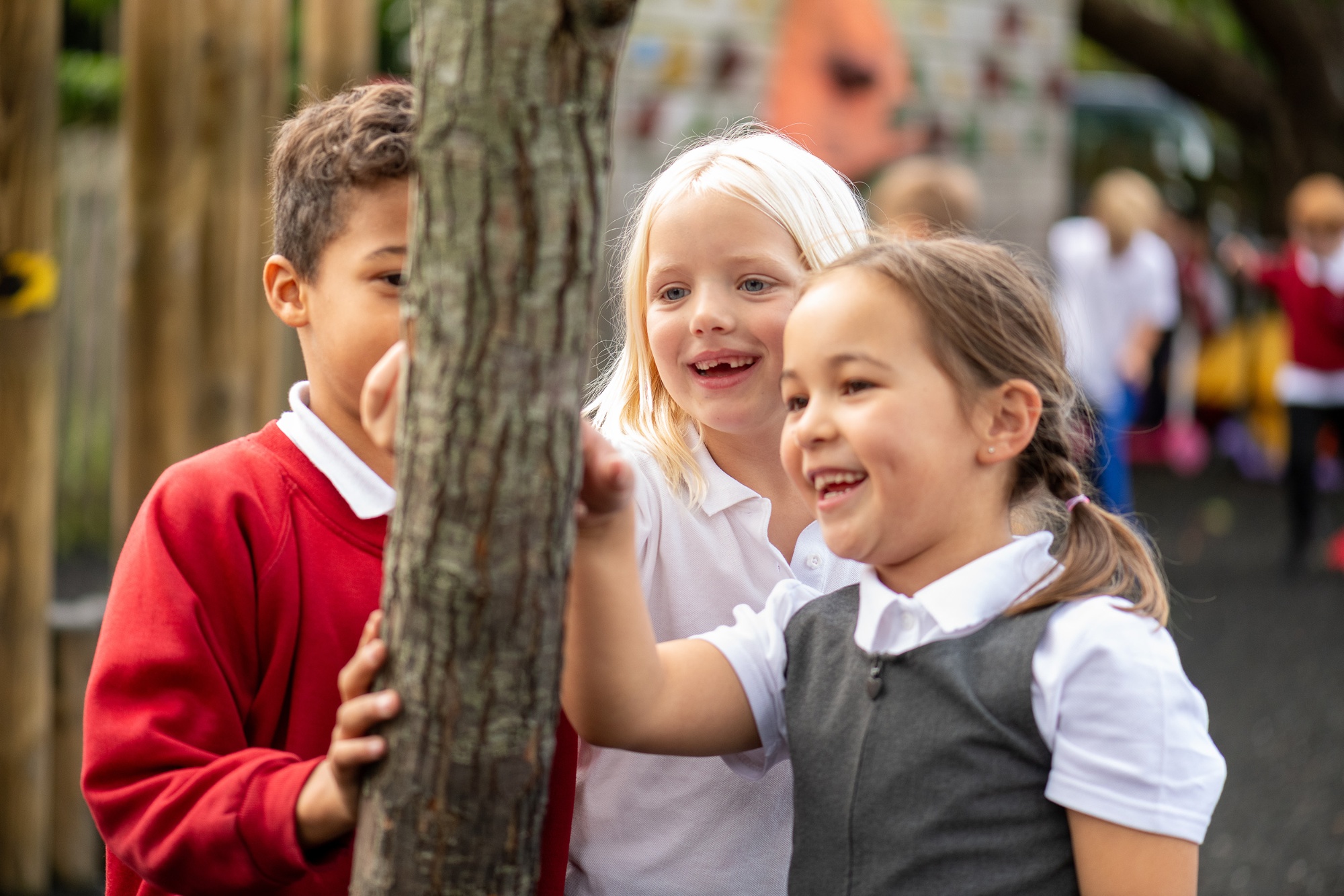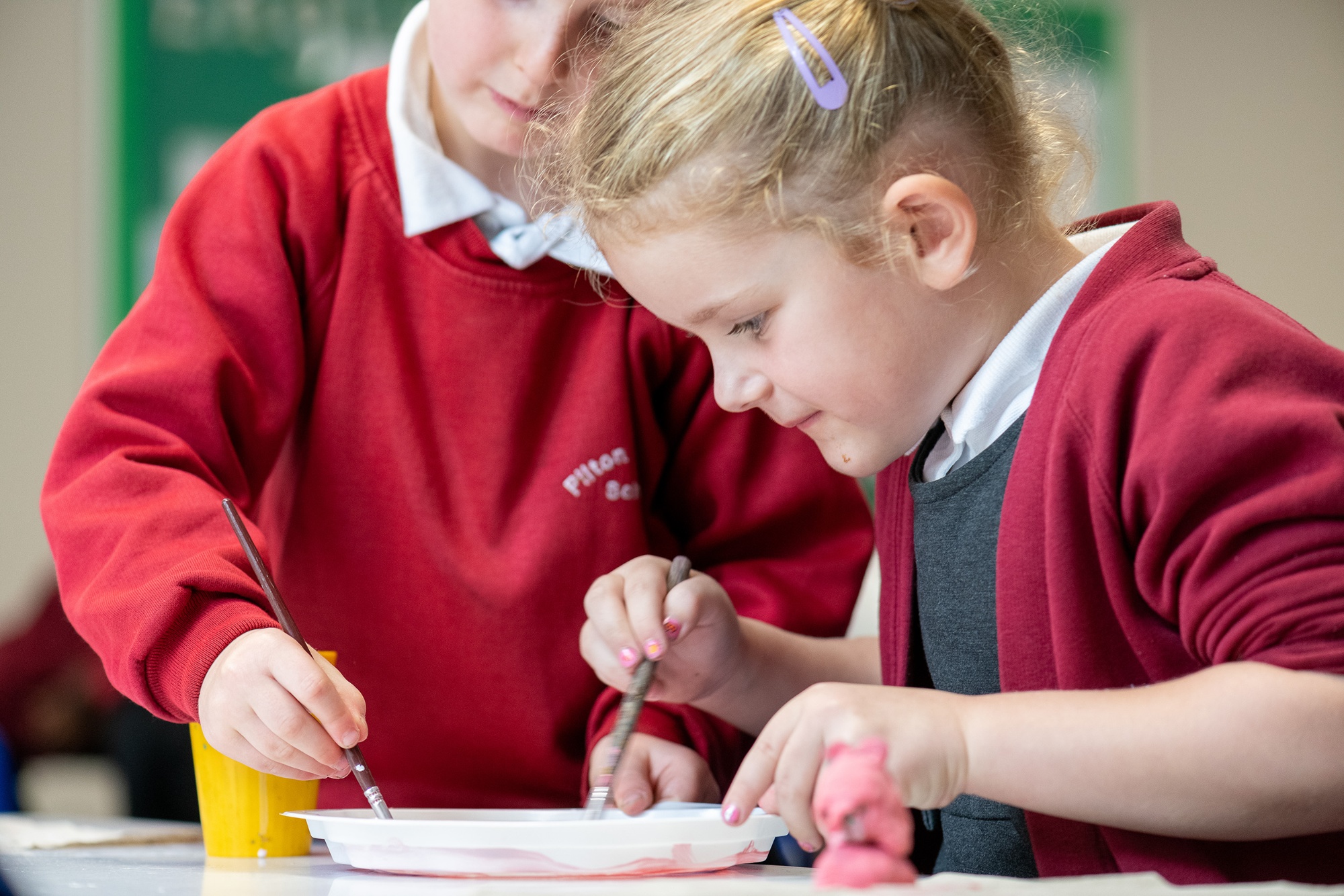Curriculum Implementation
At Pilton Infants' Academy, our curriculum is implemented with a deep understanding of the developmental stages of our young learners. We focus on creating a nurturing environment where children feel safe, valued, and excited about learning. Our teaching strategies promote curiosity, creativity, and a love of learning through both structured activities and child-initiated play.
Play-Based Learning and Holistic Development
We recognise that young children learn best through play and active exploration. Our curriculum is delivered through a blend of teacher-led and child-initiated activities that are planned around exciting themes and topics. These activities encourage imagination, problem-solving, and collaboration while developing core skills in literacy, numeracy, and communication.
Children are encouraged to ask questions, investigate, and explore their interests, fostering a sense of independence and confidence. Our classrooms and outdoor areas are set up to offer a wide range of resources and experiences that support all areas of learning, from creative arts to science and physical development.

Early Literacy and Numeracy Focus
To establish strong foundations in reading, writing, and mathematics, we use a systematic, synthetic phonics programme and hands-on, practical approaches to numeracy. Phonics sessions are taught daily, and reading is promoted throughout the school, with opportunities for shared reading, guided reading, and storytelling.
Mathematics is taught through practical activities, games, and real-life problem-solving to ensure children develop a deep understanding of numbers, shapes, space, and measures. We provide ample opportunities for children to apply their learning in different contexts, making connections across the curriculum.
Assessment for Learning
Our approach to assessment is ongoing and formative, designed to build a comprehensive picture of each child's development. Observations and interactions with children during play and learning activities allow us to assess progress in real time and adapt our teaching accordingly.
We use the Early Years Foundation Stage (EYFS) framework for our younger children and the Key Stage 1 National Curriculum for Year 1 and Year 2, ensuring a smooth transition from early years into more structured learning. Parents are regularly updated on their child’s progress through informal conversations, termly meetings, and digital learning journals.

Building Social Skills and Emotional Wellbeing
We place a strong emphasis on developing children's social skills, emotional resilience, and personal wellbeing. Our curriculum incorporates activities that promote empathy, kindness, cooperation, and respect for others. Through circle time, role-play, and group activities, children learn to express their feelings, share ideas, and listen to others.
Our "School Learning Heroes" — Timmy Teamworker, Bobby Bounce Back, Carly Can Do, Carrie Caring, and Billy Bright Idea — are woven into daily classroom life, helping children to recognise and celebrate positive attitudes and behaviours.
Creating a Rich Learning Environment
We believe that the environment is the 'third teacher,' and we carefully design our indoor and outdoor spaces to inspire and support learning. Our classrooms are vibrant, with interactive displays, resources for independent exploration, and areas for focused activities and imaginative play. Outdoor learning is a vital part of our curriculum, providing opportunities for physical development, exploration, and a connection with nature.
Collaborative Approach
Collaboration is at the heart of our curriculum implementation. Pilton Infants' School shares a site with Pilton Bluecoat Academy, and both schools work closely together to support our children’s learning journey. We share resources, expertise, and best practices to create a seamless transition for our pupils as they move from infant to junior education. Our teachers regularly engage in joint professional development and planning sessions to ensure consistency and continuity in our approach.
We also collaborate with parents, carers, and the wider community to support our children’s learning and well-being. Additionally, we work with other schools within our trust and local networks, sharing resources and expertise to ensure our curriculum remains dynamic and effective.

Global Awareness and International Partnership
Our curriculum goes beyond the local context, fostering a sense of global awareness and understanding. Through our international partnership with St Joseph's CBSE School in Bangalore, India, children engage in cultural exchanges, shared projects, and communication with their peers in India. This partnership broadens their horizons, helps them learn about different cultures, and deepens their appreciation of diversity and global citizenship.
Alongside this, we encourage pride in their local heritage, teaching children about the history, geography, and community of North Devon. This dual focus on the local and global helps our children understand their place in the world and their potential to make a positive impact.
Family and Community Engagement
We value the role of parents and carers in their children's education and actively involve them in the learning process. Regular communication, workshops, and family learning sessions are offered to help parents support their child's learning at home. We also invite parents to participate in school events, celebrations, and classroom activities.
Additionally, we foster strong connections with our local community, inviting members to share their knowledge and expertise with our children and helping them to understand their place in the wider world.
